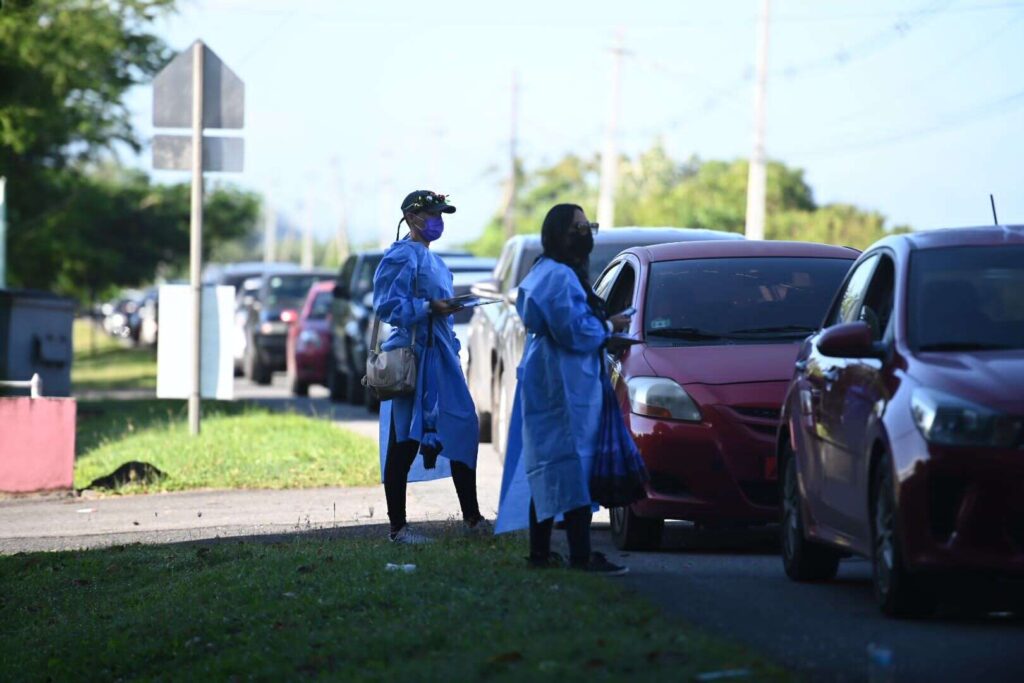Navegar {{ selectedName }}



 Ahora en reproducción
Ahora en reproducción
 Ahora en reproducción
Ahora en reproducción
 Ahora en reproducción
Ahora en reproducción






Empieza a crear una cuenta
Te enviaremos un correo electrónico con un enlace para verificar tu cuenta. Si no lo ves, revisa tu carpeta de correo no deseado y confirma que tienes una cuenta vinculada a ese correo.
Introduce el correo electrónico de tu cuenta y te enviaremos un enlace para restablecer la contraseña.
Le hemos enviado un correo electrónico a {{ email }} con un enlace para restablecer su contraseña. Si no lo ve, revise su carpeta de correo no deseado y confírmeme que tiene una cuenta vinculada a ese correo electrónico.
Verifica que tu dirección de correo electrónico sea correcta. Una vez completado el cambio, utiliza este correo electrónico para iniciar sesión y administrar tu perfil.